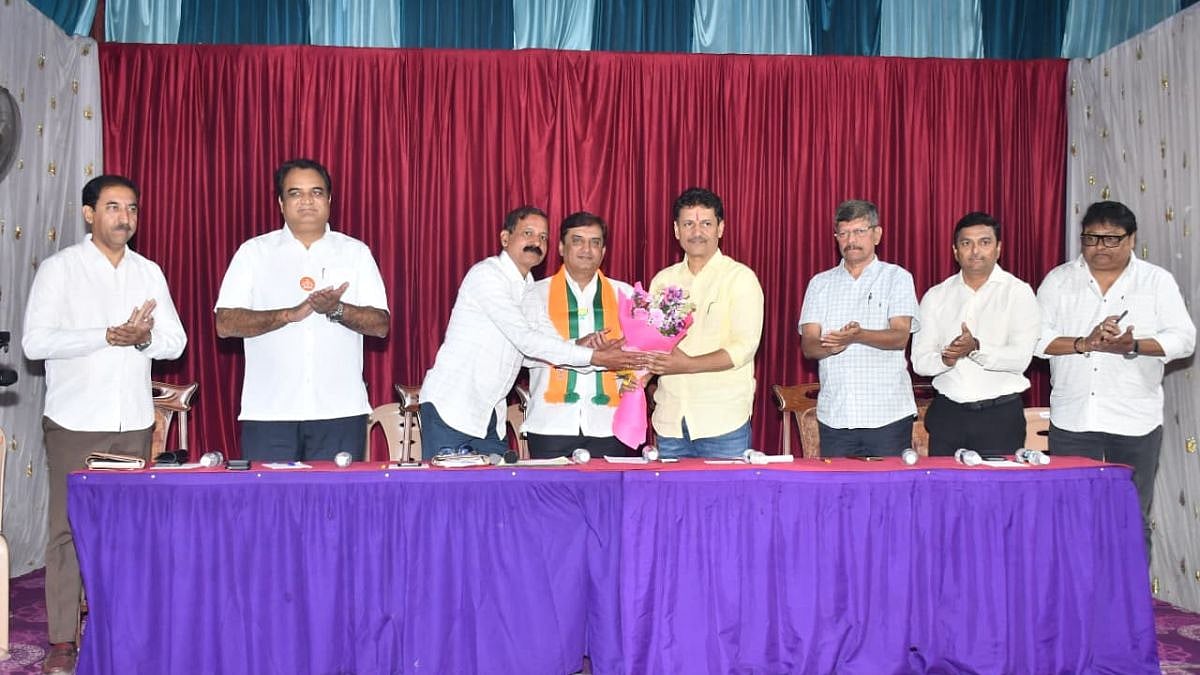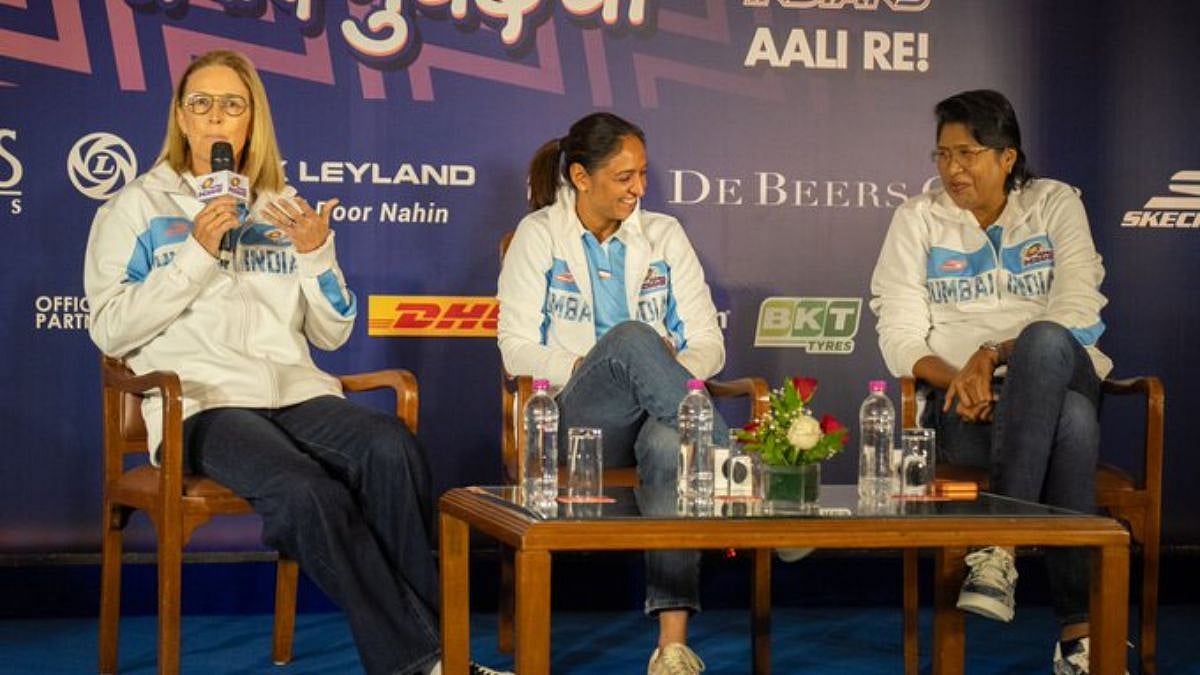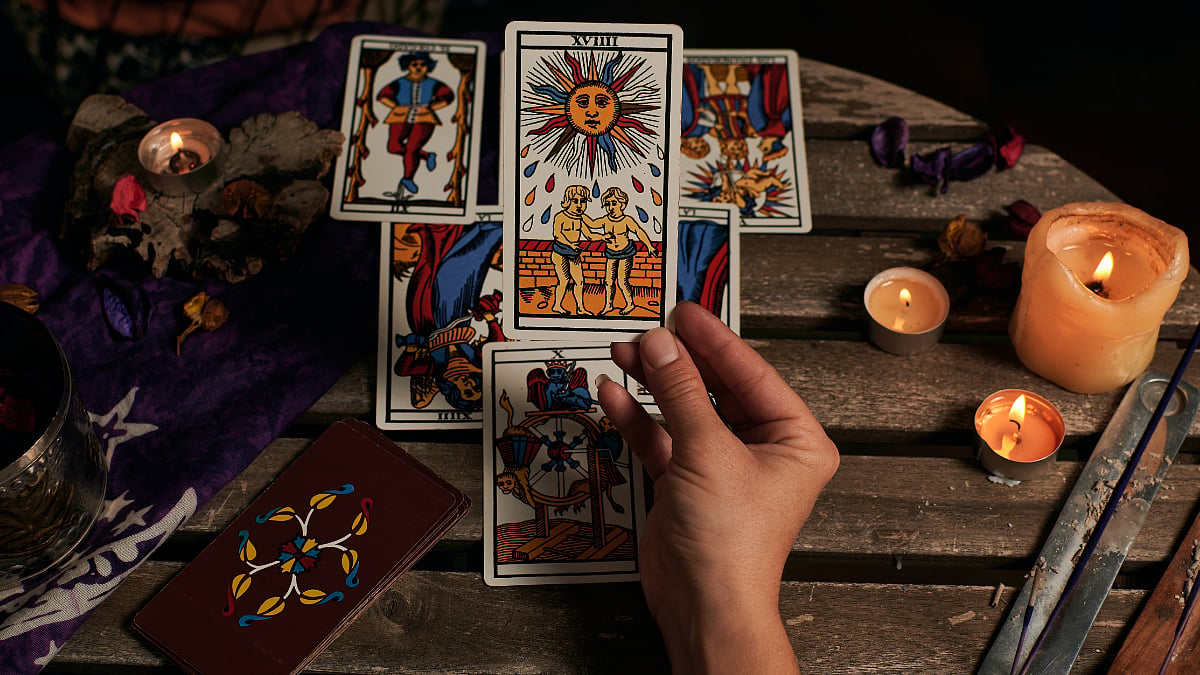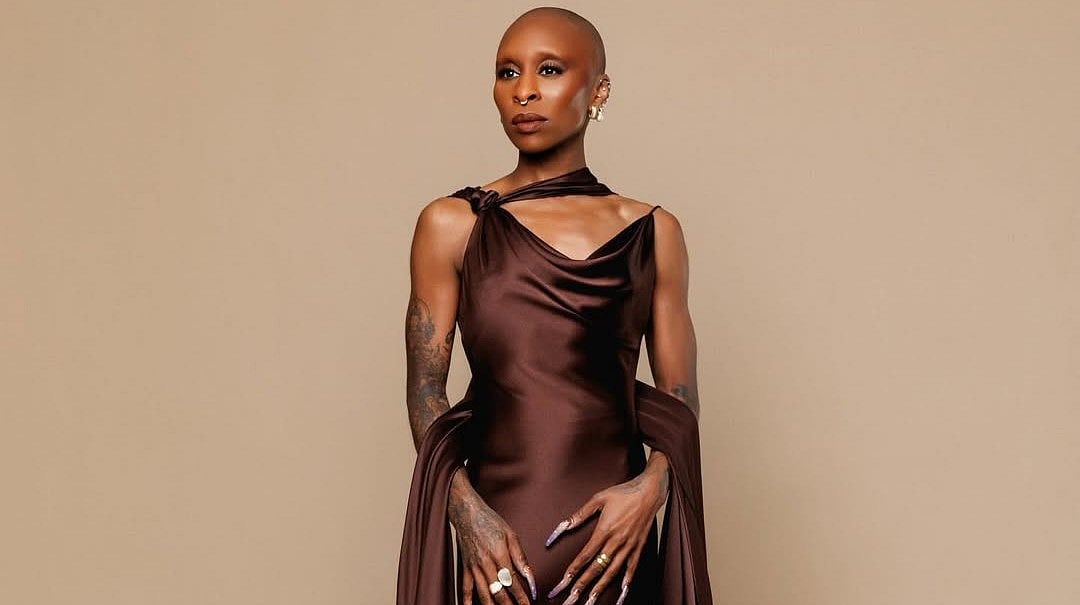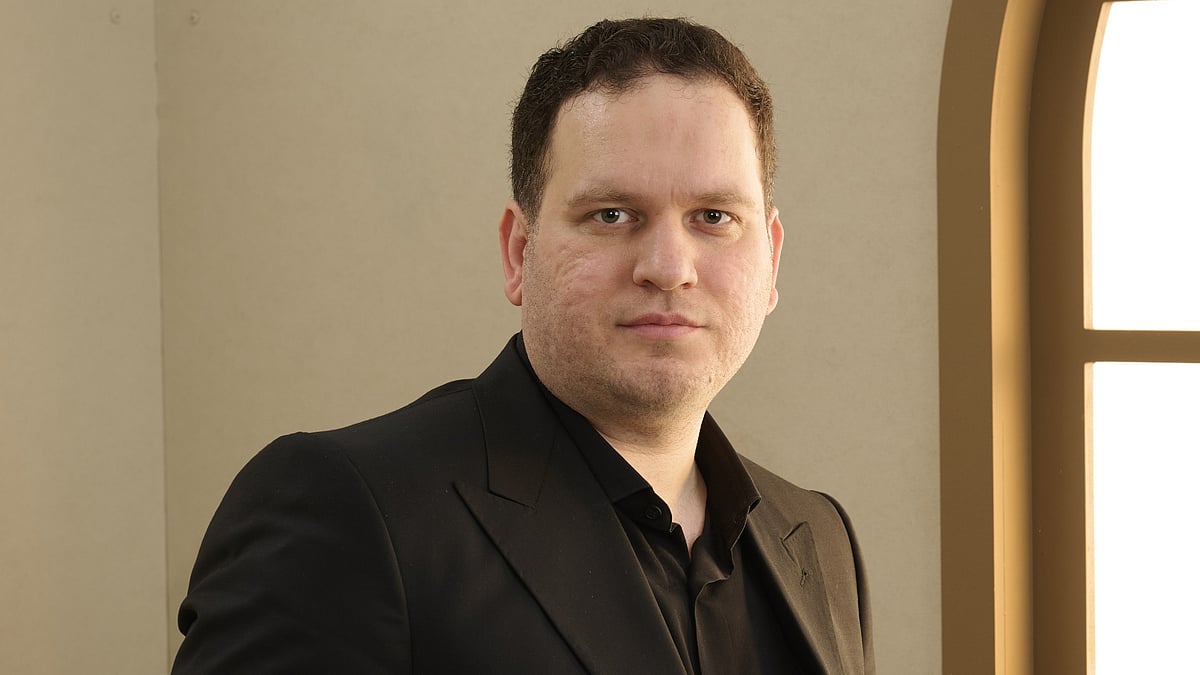Thriller writers are growing by the numbers in India. And Fawaz Jaleel is one such name. This author, marketing strategist and columnist with a stellar journalism background has grabbed eye-balls with his Yohan Tytler murder mystery series. After his bestselling first political thriller novel – Nobody Likes An Outsider, he has come out with Insiders versus Outsiders.
Apart from working with MNCs, government officials and bureaucrats on projects, he has also worked with PM Modi on the first townhall in India. His other books include The Legend of Birbal’s Bull. In his interview with The Free Press Journal, he talks about his latest Yohan Tytler mystery, his writing process and more.
Excerpts from the interview:
The title itself is intriguing. How did it come up? What is the book about?
My debut novel, Nobody Likes An Outsider, marks the start of the Yohan Tytler mystery series. Set in Bihar, the first case unfolds in the aftermath of the death of India’s most promising politician, an outsider to the political elite, followed by the murder of his secretary. Yohan Tytler and his team —comprising Ila Qureshi and Sukumar Azhagu — are summoned to investigate these perplexing crimes. As the investigation progresses, the nation is stunned to learn the true motive behind the murders, unveiling a lesser-discussed reality in India, Insiders versus Outsiders is the second part of this series and the title is very much in line with the storyline as the story within a crime-thriller narrative essentially conveys a conflict between Insiders and Outsiders and how it turns ugly. The book begins with a fire erupting in the heart of Mumbai, claiming 13 lives, including Mekhala Thampi, India’s #1 literary agent renowned for her controversial books exposing corruption. The incident sparked public outcry, prompting the CBI team, led by Yohan Tytler along with Ila Qureshi and Sukumar Azhagu, to be brought in. What initially appears as a simple accident complicates when they connect Mekhala’s death to the demise of Bollywood's rising OUTSIDER, Samar Singh Randhawa, discovered dead in his apartment. Suddenly, more murders and disappearances emerge, all interconnected. In no time, Yohan and his team are thrust into a world of crime, corporate espionage, Naxal movements, and fierce business rivalries. Each clue leads them down a new path, uncovering fresh suspects. As the team delves deeper, a pressing question haunts them: Are these individuals mere pawns in a larger, more perilous scheme? Who killed Mekhala, Samar, and the others, and why? Yohan and his team race against time to apprehend a killer, who threatens the very foundations of the nation’s “powers”.

Why a crime thriller again?
I enjoy writing thrillers because they offer a platform for exploring intricate narratives, demanding thorough research and a dedication to factual precision. This genre allows authors to delve into societal issues, shedding light on unexplored realities while crafting an enthralling fictional story.
One of the most compelling aspects of thrillers is their ability to keep readers engaged, encouraging them to join in solving the mystery alongside the characters. During my book tours, I’ve had the pleasure of meeting many readers who relish the art of deduction, particularly in investigative thrillers. They enjoy putting their sleuthing skills to the test while navigating through the twists and turns of the narrative.
How much did your journalism background help in writing your books?
A lot, I would say. A career and education in journalism teach you invaluable research skills that are essential for authors who need to delve into various topics, settings, and background information for their stories. Additionally, journalists are trained to write concisely, clearly, and with attention to detail, which is crucial for fiction authors to engage readers and convey their stories compellingly. They often tell stories through their articles, covering news events or human interest stories, and understand how to structure narratives, develop characters, and create tension and drama—all essential elements of fiction writing.
Another significant aspect is deadline management, as journalists often work under tight deadlines, requiring them to manage their time efficiently and meet publishing schedules. This skill is beneficial for establishing a writing routine and meeting writing goals effectively. I am grateful to my professors and batchmates at Madras Christian College for providing such an enriching learning experience. Furthermore, my master’s degree in development from Azim Premji University and my career in public health have also been of immense help. They provided me with alternate perspectives, particularly on society and its various aspects. The research training has taught me to sensitively interact with people from diverse backgrounds and communities, gaining insights into human behaviour, social issues, and cultural nuances.
The process of writing a thriller must have been interesting.
My writing process has four steps: research, making an outline, writing the story, and editing. I spend most of my time on research. I’ve been lucky to travel to different parts of the country, especially rural areas, and work with groups of people in my job as a public health professional and government consultant. When I travel, I meet real people facing real issues. It helps me understand society better, so travelling is an important part of my research.
Even though my stories are fictional, they're set in real places in India and reflect what’s happening there. Once I gather information, I do more research by reading academic journals, research papers, and media articles from the time my stories are set in. It helps me make sure my stories are accurate.
Researching just the setting is one part of writing a mystery or thriller. I also have to make sure the procedures, like how the police or CBI investigate, are realistic. I do this by researching and talking to people who know about these procedures. It took me seven to eight months to research this book and another four to write. Editing and other steps are not included in timeline.
What kind of books do you like to read? Any favourite authors?
I like reading non-fiction genres such as political philosophy, crime procedures, behavioural sciences, and psychology. Additionally, I enjoy reading fiction, particularly thrillers, satire, historical fiction, and magic realism. Selecting favourite authors is challenging. But two whom I highly recommend are George Orwell and Agatha Christie. Consequently, I suggest exploring Orwell’s works such as 1984 and Animal Farm, along with Christie’s Hercule Poirot series.

How do you see your work-related roles from a creative point of view?
Each role teaches you something new. As a journalist, I learned the depth and value of stories and their impact on humans, especially when covering human interest stories that capture the role of society, struggle, socio-economic factors, etc., and their influence on people. As a columnist, I learned how to responsibly use a platform to write about unexplored subjects based on primary and secondary research. Both teach the power of brevity, which is an integral part of storytelling.
As a consultant to the government, I had the good fortune of working on improving citizen engagement in governance. It taught me about public policymaking, showing how every step, policy, bill, or issue by a government requires extensive research, depth, and calculations and how citizens want to shape policies for the betterment of the nation and themselves.
While working for corporations, I learned discipline and the use of marketing and communications to influence consumer behaviour, engage with them, and understand their purchasing behaviours.
All these roles help you as an author while crafting a story and characters as they are a collective inspiration of multiple people, their thoughts, behaviours, and reasoning that I’ve been able to understand.
Describe Insiders versus Outsiders in one line.
I would go one step ahead and say that all my works, including Insiders versus Outsiders, are – My Stories for Indians, of Indians by an Indian author.


